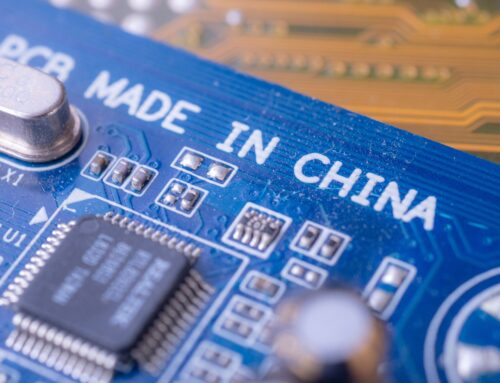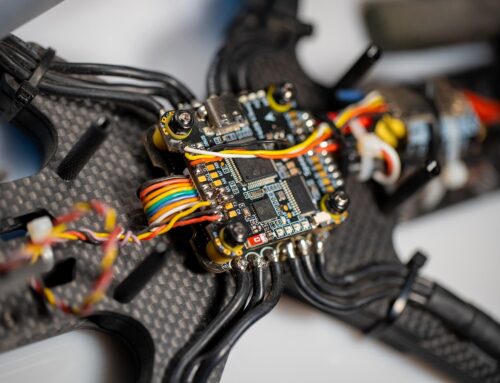Over the years the defence industry has gone through a remarkable evolution, spurred on by technological progress and innovation. The sector has constantly reacted to ever changing global safety challenges, from simple weapons systems to advanced drones and cybertechnology technologies. Below we will zoom in on some striking developments that are shaping the modern defence industry.
Robotics and autonomous systems
One of the most noteworthy developments in the defence industry is the rise of robotics and autonomous systems. Robots are increasingly used for a multitude of tasks, varying from surveillance and reconnaissance missions to logistical support and even combat operations. These systems can combine autonomy with human supervision, making them flexible and adaptive in various operational scenarios.
Cyber security and information warfare
While modern society is digitising, the threat of cyberattacks and information leaks has increased enormously. In reaction to this the defence industry has invested in advanced cyber security technologies and expertise. This includes the development of powerful cyber walls, encryption algorithms cyber threat information analysis systems in order to put up a defence against and reaction to digital threats.
Advanced aviation and aerospace systems
Aviation and aerospace technologies play a pivotal role in modern defence operations. The military all over the world benefits from strategic advantages of such systems, ranging from advanced fighter jets to satellites for communication and reconnaissance purposes. Recent developments include the rise of unmanned aircraft (drones) and hypersonic aircraft, achieving unparallelled speed and manoeuvrability.
Artificial intelligence and machine learning
Artificial intelligence (AI) and machine learning can potentially create a radical transformation in the defence industry. These technologies can be applied widely, e.g. in predictive analytics for logistics, autonomous decision-making systems and analyses of huge amounts of data to identify and neutralise threats. The integration of AI in defence systems not only enhances operational efficiency, it also improves the precision and speed of military reactions.
In summary, the defence industry is undergoing a remarkable transformation, driven by innovation and technological progress. Ranging from robotics and autonomous systems to cyber security, these developments have a huge impact on the way in which military operations are executed and on global safety dynamics in general. The developments offer the electronics interconnect industry plenty of challenges in the years to come. The sector will keep adjusting to such new challenges and opportunities with continued investments in R&D, eventually aiming at creating a safer and more resilient world.






